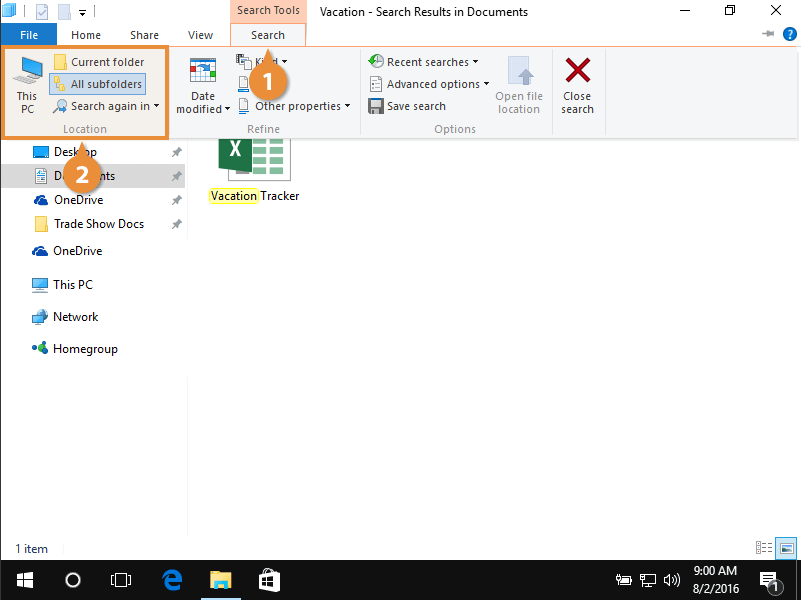
Findstr windows find file keygen#

This is unlike Select-String in PowerShell, which defaults to being case-insensitive and you have to tell it to be case sensitive if this is what you want.


So yes, I do need the /I option to make a case-insensitive search. What I do know - by painful experience - is that it defaults to being case-sensitive. I'm not sure whether FINDSTR defaults to using RegEx. This made it spit out more "cannot open" errors than I could count. Interestingly, I tried going down one folder level and then using ".\*.txt" to search "above my own head" so to speak and work my way down. I was monitoring RAM, and strangely, I noticed that the RAM was going down (using less and less) as FINDSTR was spitting out "cannot open" errors (before it ended at "out of memory"). I made a fresh copy of all the files for this test and this time around I got 22 "cannot open" errors (compared to 17 previously) before the "out of memory" appeared. Sadly I was unable to make it work with FINDSTR, not with the /L option nor with the /R option. Thank you both for showing interest in this problem. That's all I can conclude from all this, with my limited understanding of command lines. The "cannot open" errors can be caused both by deep folder structure and by characters characters used in the file names - either one or both will cause this error. The problem with this one appears to be related to folder structure, because unlike with the other two files, I failed to "unfold" this file one level up so it was kept in its original location just like in the other tests - where I encountered the 17 consecutive "cannot open" and one "out of memory" error.Īll in all, I think this just shows how unreliable FINDSTR is. English letters, regular dash, numbers, dots and parentheses. The third file only used regular ASCII characters, i.e. The third "cannot open" error in this test was not related to any odd characters in the file name that FINDSTR could have had same type of issue with. The Ê was replaced with ^ in the error output, and the È was replaced with <. You know, it's not easy to enforce that users use a specific characters when you're working with a large multi-national team of users. So I was not entirely right when I said all the files used English only characters. Interestingly, and also worth mentioning, there was one file with Cyrillic letters in and an em dash, but it did not throw an error (rest of the file was using Latin/English letters). The "cannot open" errors in this test appeared only three times, two of them appear to be related to two files whose names include em dash characters and French characters like E with circumflex accent (Ê), E with grave accent (È) and few other Latin letter variants. The folder structure I started out with was not very deep either, but there are a few thousand of them, and I think that's problematic. There was no "out of memory" error with this more "flat" folder structure. I have now tried to replicate all of this, in other words "unfolding" the files one level up, and I got the same results I had seen previously. Help me DOS experts, you're my only hope.Ĭode: Select all DIR /B /S *.txt | FINDSTR /I "Project.45" * I'm not sure if this is what "memory" means in this context, but I have plenty of it. But I have 32 GB of RAM and only half of that is in use. Although I don't quite understand how? Can someone give me an example with my use case in mind? Can I not use this option for "matching files in the current directory and all subdirectories" like it says in the help section? Or does this mean something special and not what I expect?Īlso, how do you run out of memory running such a command? I speculate it might be because I am running this on a large number of files (even though it's finding none!). I did find the Q&A style post of "biblical proportions" by one of your regular users on this forum, and it implicates /S option as being problematic. But I was curious why FINDSTR is failing? Both folder names and file name consist of only English alphabet characters, dashes, dots, parentheses and square brackets. I have already found a PowerShell alternative to this that does what I want. It seems to be more of a problem with traversing the folder structure. However if I point it directly at any one file of interest, it does find what I'm looking for. Code: Select all C:\Users\Ken\Desktop\DataMigration\Merge>findstr.exe /s "Project.45" *.txtįINDSTR: Cannot open ParentFolder 1\Adam\Adams Folder\file.txtįINDSTR: Cannot open ParentFolder 1\Ben\Bens Folder\file.txtįINDSTR: Cannot open ParentFolder 1\Charlie\Charlies Folder\file.txtįINDSTR: Cannot open ParentFolder 2\David\Davids Folder\file.txtįINDSTR: Cannot open ParentFolder 2\Eric\Erics Folder\file.txtįINDSTR: Cannot open ParentFolder 2\Freddie\Freddies Folder\file.txt


 0 kommentar(er)
0 kommentar(er)
